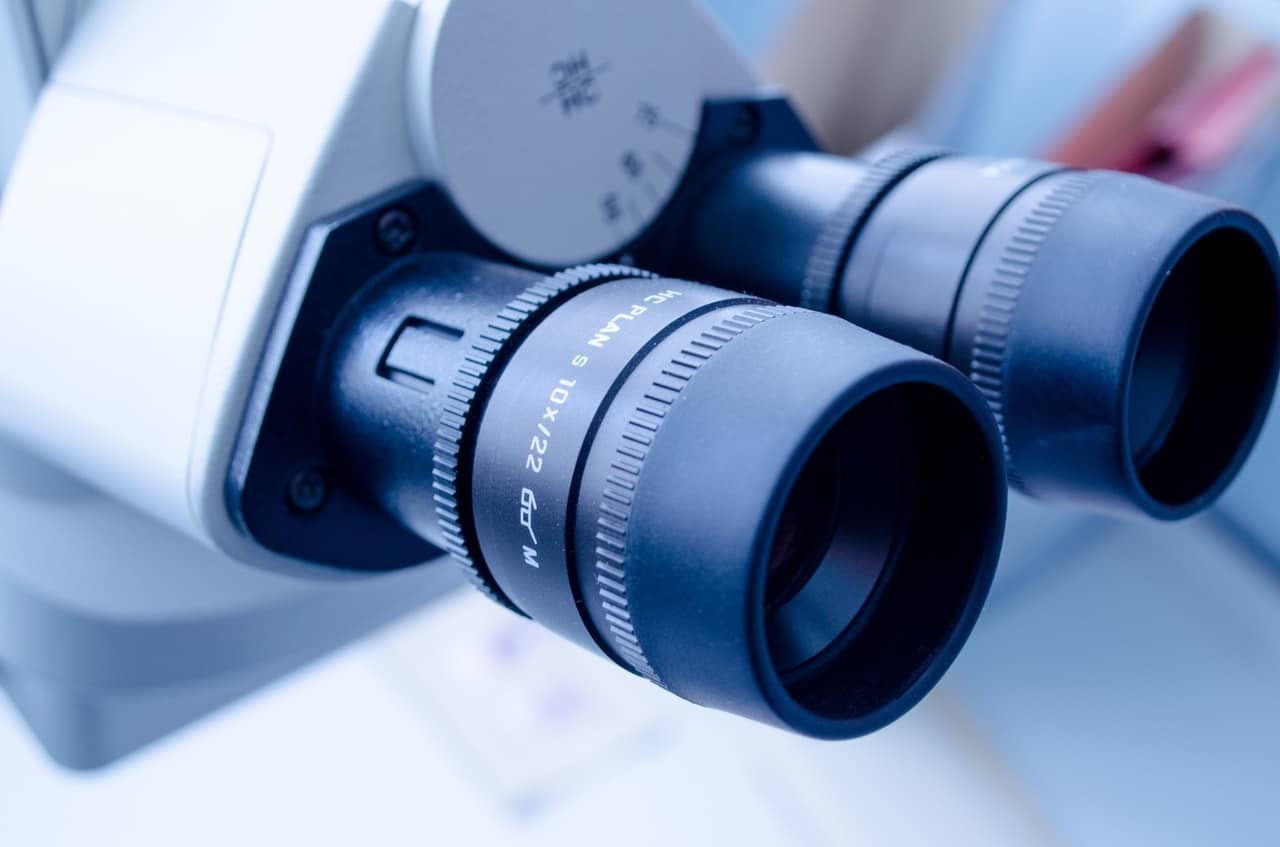3 Signs Your Eye Problems May Actually Be Cataracts

Vision problems are common in today’s electronic world. Dry eye problems, eye fatigue and vision disturbances can occur intermittently, or can be an ongoing issue. These problems can disrupt your ability to do work tasks, enjoy recreational activities or prevent you from engaging in your favorite hobbies. If you are over the age of 60, the risk of developing cataracts increases. Here’s how to determine if your vision problem is just fatigue or overuse, or a sign of increasing cataract development.
1 – Cloudy Images
You may begin to notice that images appear a bit cloudier than normal. The edges may not be as sharp and well-defined as they once were. You may think that your eyeglass prescription needs changing, because of constant blurriness of images. These are signs that the growth of cataracts may have reached a point in which they impede normal vision. A visit to a vision professional, such as Olympia Eye Clinic, Inc., P.S., can determine if the underlying problems is cataracts that are causing the cloudiness.
2 – Problems with Night Vision
A common problem of aging eyes is less accurate vision during the night hours. You may find that driving is much more difficult than it once was. Lights may appear to have halos around them, which can cause more distraction from oncoming traffic. Some people may have more sensitivity to light, with significant discomfort with oncoming headlights when driving at night. These problems can be signs of cataracts that have begun to hamper your vision.
3 – Double Vision Involving One Eye
One of the more disturbing symptoms older people may experience is double vision affecting only one eye. Some individuals may even have multiple images that can be disorienting and prevent seeing clearly for driving, reading or other activities. Cataracts often cause this symptom, and surgery to remove the cataracts will successfully eliminate the double vision, allowing individuals to see normally again.
Regular visits to your eye doctor can help to detect eye problems like cataracts in the early stages and therefore you can have a better shot at living with and treating them. Your eye doctor can then track the development of cataracts that can impede clear vision and advise you of further treatment, when necessary. You can then ensure that problems with cataracts are being monitored closely, and you will be able to receive professional advice on the right time to consider cataract surgery.

It really got me when you said that difficulty in seeing at night, as well as extra sensitivity to light, may indicate that the vision problem is related to cataracts. If that is the case, then I think I really need to see an eye professional right away. I have been having difficulties doing things at night or whenever it is dark, but I never paid attention to it. Now I know I was wrong.